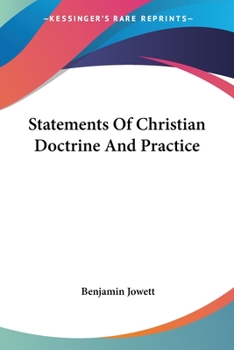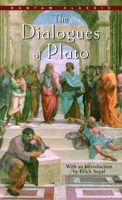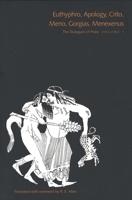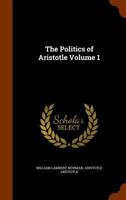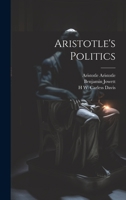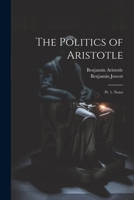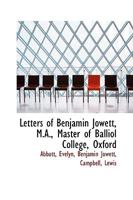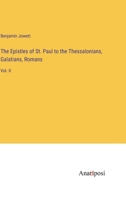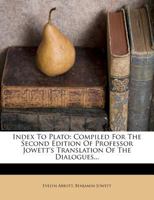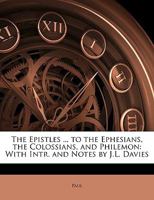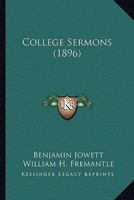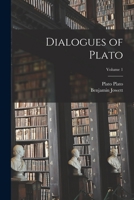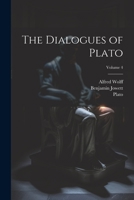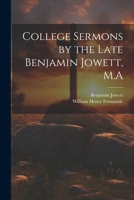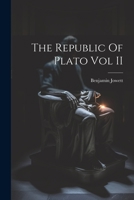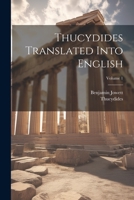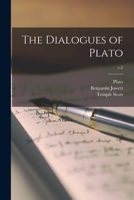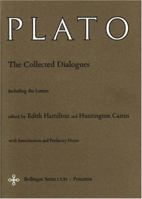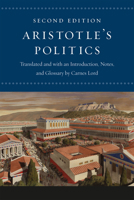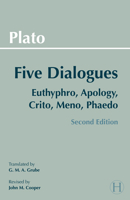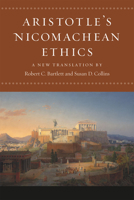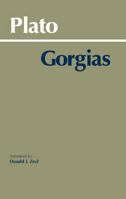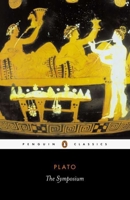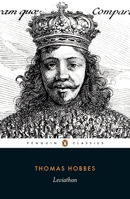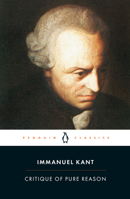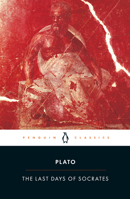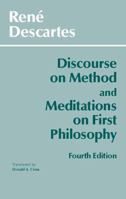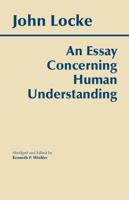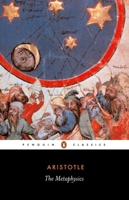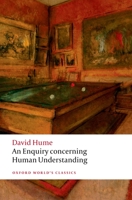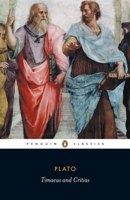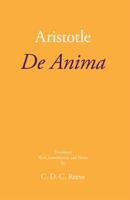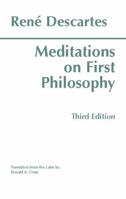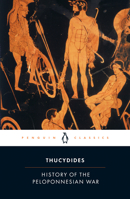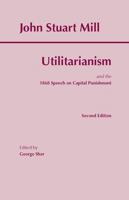Statements of Christian Doctrine and Practice: Extracted from the Published Writings of the REV. Benjamin Jowett
Select Format
Select Condition 
More by Benjamin Jowett
Book Overview
""Statements of Christian Doctrine and Practice"" is a book written by Benjamin Jowett, a renowned theologian and scholar. The book provides a comprehensive overview of Christian beliefs and practices, covering topics such as the nature of God, the Trinity, the divinity of Christ, salvation, and the role of the Church. Jowett draws on his extensive knowledge of the Bible and the history of Christianity to present a clear and accessible account of the key doctrines that underpin the Christian faith. He also explores the practical implications of these beliefs, discussing topics such as prayer, worship, and ethical living. Throughout the book, Jowett emphasizes the importance of a personal and heartfelt faith, while also acknowledging the role of reason and intellectual inquiry in understanding the Christian message. ""Statements of Christian Doctrine and Practice"" is a valuable resource for anyone seeking to deepen their understanding of Christian theology and practice.This scarce antiquarian book is a facsimile reprint of the old original and may contain some imperfections such as library marks and notations. Because we believe this work is culturally important, we have made it available as part of our commitment for protecting, preserving, and promoting the world's literature in affordable, high quality, modern editions, that are true to their original work.
Format:Paperback
Language:English
ISBN:1432503588
ISBN13:9781432503581
Release Date:January 2007
Publisher:Kessinger Publishing
Length:76 Pages
Weight:0.27 lbs.
Dimensions:0.2" x 6.0" x 9.0"
You Might Also Enjoy
Customer Reviews
5 customer ratings | 5 reviews
There are currently no reviews. Be the first to review this work.











